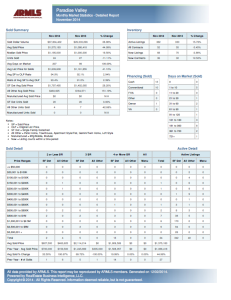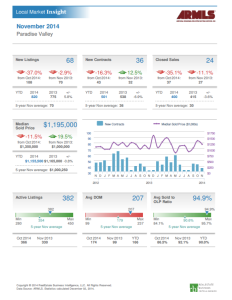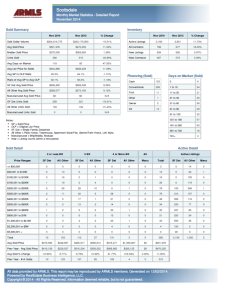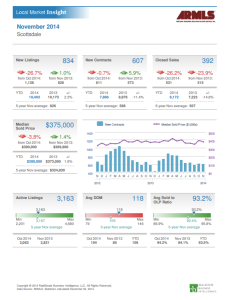
Starting your home renovation can be a daunting task and your general contractor can either be your best friend or your worst enemy. Finding the right fit will make your renovation much easier, so it is potentially the most important decision you will make with your renovation.
Communication is key
When interviewing contractors — you should interview at least three — it is best to lay out your expectations. How often you expect to see your contractor on the job, estimated completion date, budget and frequency of communication are all great things to cover. If you share your expectations in a clear manner there can be no misunderstanding later on.
You should always check all references the contractor provides you, as well as his license and insurance. Call prior clients and ask how frequently he visited the job site, whether he stayed within the budget, and if he finished the job in a timely manner. Also, ask if he was quick to return calls and/or emails.
Cheaper is not better
Hiring the cheapest contractor is not always the best idea, as most likely he is underbidding to get the job and will still spend what the others quoted. Do not make price your hiring criteria. You should hire based on his references, his experience, and how you interact together — is he someone you can get along with?
Create a timeline
Once you’ve made your decision, but before you sign the contract, put in writing a projected timeline. Find out what your contractor will need from you to follow that timeline. He may need that tile picked out immediately, but may not need paint colors for some time. Add these tasks to the timeline so you are providing him the information he needs to complete your project in a timely manner.
Be as organized and upfront as possible — making sure you know exactly what you want before the project gets going. Search Zillow Digs for inspiration for the project, and save images to show the contractor exactly what you want.
If you have already picked out paint colors and other finishes, put these in writing on your timeline and share it with him. It is also a wise to create and share a calendar.
Please note that this Scottsdale Real Estate Blog is for informational purposes and not intended to take the place of a licensed Scottsdale Real Estate Agent. The Szabo Group offers first class real estate services to clients in the Scottsdale Greater Phoenix Metropolitan Area in the buying and selling of Luxury homes in Arizona. Award winning Realtors and Re/MAX top producers and best real estate agent for Luxury Homes in Scottsdale, The Szabo group delivers experience, knowledge, dedication and proven results. Contact Joe Szabo at 480.688.2020, info@ScottsdaleRealEstateTeam.com or visit www.scottsdalerealestateteam.com to find out more about Scottsdale Homes for Sale and Estates for Sale in Scottsdale and to search the Scottsdale MLS for Scottsdale Home Listings.











